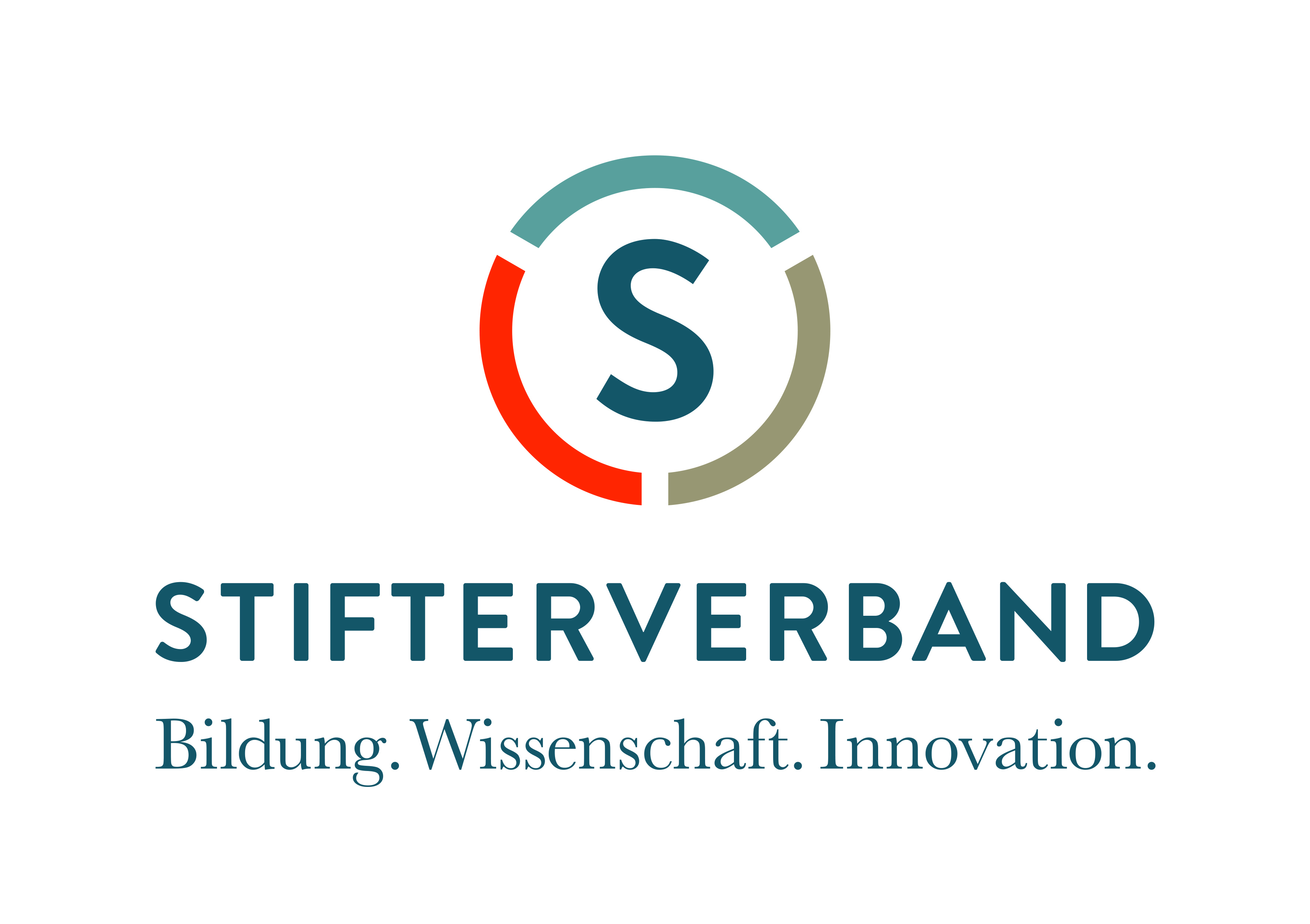

The tenth German edition of the DFG Funding Atla was published on 25 November 2024 - an anniversary for this standard reference work, which has regularly presented key figures on publicly funded research in Germany since 1997.
Every three years, the DFG Funding Atlas provides comprehensive and subject-specific analyses of how successful German universities and research institutions have been in acquiring third-party funding. In addition to covering DFG funding, the Atlas also contains detailed analysis of funding provided by the federal government and the European Union (Horizon Europe).
Since it was first published, the Funding Atlas has evolved from a pure funding ranking to a complex analytical tool. . In addition to competition for third-party funding, it also covers topics such as the profile development of higher education institutions, cooperations and networks at regional and national level, and the international dimension of German research. The 2024 edition contains an introductory chapter that looks at how these topics have developed as focal points of research policy debate over the years, providing examples of the empirical contributions reported in previous editions of the Funding Atlas.
Starting with the reporting period from 1991 to 1995 and focussing on the years 2020 to 2022 in the current edition, the Funding Atlas report series now covers a period of more than 30 years. We take this as an opportunity to carry out a special analysis that traces how the rankings of universities analysed in the Funding Atlas have shifted over the long term. Using statistical concentration measures, we also look at whether and to what extent a concentration of externally funded research has emerged over this 30-year period at universities with a particularly pronounced research profile.
Cross-border collaboration is essential in science and the humanities. The 2024 Funding Atlas takes this into account by dedicating a separate chapter to the varied aspects of international research activity. Among other things, it presents comparative country analyses on participation in the EU’s Horizon Europe programme, in particular the ERC funding lines, and also features a breakdown showing the most common countries of origin of those who either participate in DFG coordinated programmes as research assistants or act as international cooperation partners in DFG projects. Finally, the chapter takes a separate look at the international dimension of the DFG’s review system.
Another highlight of the anniversary issue is the entirely revised website. The new online platform will offer more intuitive access and provide extended options for interactive use. Our member universities and state ministries in particular will benefit from the comprehensive tabular presentations, which will be presented in a more user-friendly way.

This report and the information offered online were produced with the kind support of the Stifterverband.
| E-mail: | [email protected] |
| Telephone: | +49 228 885-2109 |
| E-mail: | [email protected] |
| Telephone: | +49 (228) 885-2649 |
| E-mail: | [email protected] |
| Telephone: | +49 (228) 885-2589 |